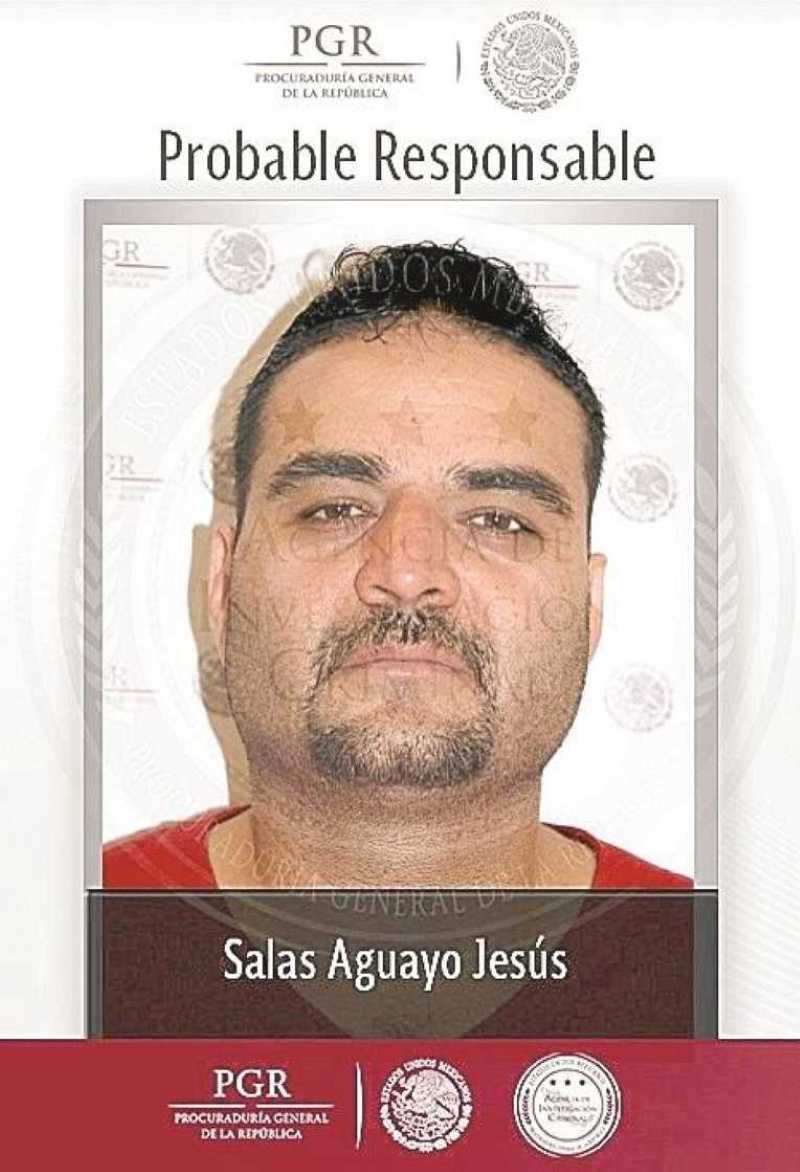'El Chuyín', Notorious Drug Lord of Chihuahua, Is Dead
Notorious Mexican drug lord Jesús Salas Aguayo, alias "El Chuyín," was killed in Chihuahua, Mexico. He was a key figure in the Juárez Cartel, responsible for numerous violent crimes, including homicides, kidnappings, and drug trafficking.

In a dramatic turn of events, Jesús Salas Aguayo, infamously known as 'El Chuyín,' has died in the municipality of Ahumada, Chihuahua—a town he reportedly dominated with an iron grip. His death marks the end of a career steeped in violence, controversy, and a legacy that casts a long shadow over the region.
Sources from the State Attorney General’s Office (FGE) confirmed his demise, closing the final chapter of a man once considered the lynchpin of the Juárez Cartel’s operations and a major driver of violence in Mexico's northern borderlands.




